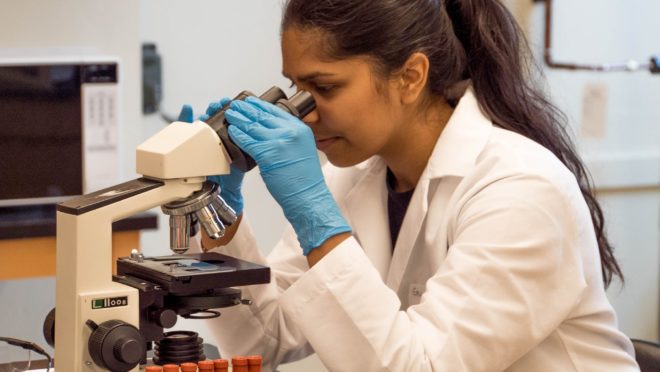
For a year and four months, science has been fighting a resilient and relentless battle against the Covid-19 pandemic. In my years of research, I do not see a moment that can be compared to the challenges we have faced since then and the achievements that have been made. Science has better understood the virus, suggested treatments based on well-conducted tests, and created vaccines. But the need to keep learning and unite efforts is huge. And not drained.
In Brazil, participation as research volunteers is still not as widespread as in other countries. But the empathy brought on by the pandemic and the understanding that Covid-19 is a disease in society spread the importance of each one in the process. The volunteers and their families had a unique size and importance, understanding all the needs of science and its application. Amid the uncertainty that the Covid-19 virus brings, and the pain of losing or seeing someone you love suffer, they didn’t think twice about helping save lives.
And if research has new faces, it also has new eyes and hands. Nurses, pharmacists, intensivists, surgeons and physiotherapists have been the champions of new results and above all of new applications. They are professionals hitherto not involved in academic research, but, due to the imposition of the virus, they combined assistance with material collection, micro-biopsies, volunteer recruitment, and immediate implementation of changes to protocols.
This process is very important because science is not following the usual pace of an epidemic. Research is underway and its results will immediately guide the actions of frontline professionals in the care of affected patients. Network researchers exchanges bring together reference hospitals across the country, exchanging information in record time and allowing health institutions to adapt to each change verified by researchers in different parts of the world.
If we use the prevalence reported in the latest study by Imperial College London, we have, in Brazil, a number of people that could range from 4 million to 11 million, with the enormous impacts on their lives and the lives of their families that this has brought – called “Long Covid” , including low working capacity. After an acute period of illness, isolation, and loneliness in a proportion of those affected, there are acquired disabilities. If we consider that the current Brazilian patients are becoming increasingly younger, it is clear that this will have an even more pronounced impact on society.
And more than ever, you need to see the people behind these numbers. This is perhaps one of the main lessons learned from the pandemic. Because these people motivate us and make the progress we’ve made possible so far. There is no denying that science has taken on new faces since the advent of Covid-19. They are fathers, mothers, wives, children and entire families who have put the potential to advance discoveries about the coronavirus above their own pain, especially mourning. The commitment of these patients and their families made all the knowledge we have today possible.
Now we will have to join forces, between the unified health system, the complementary health system, business and universities, to collect data, learn quickly and deliver rehabilitation to this army of coronavirus survivors, or we will have an unsustainable increase in the number of people dependent on healthcare. People who are not numbers but faces, as well as the many faces that were part of science during this period. Just as Covid-19 is a disease that afflicts society, so too will the effects that it will have; By acting as an integrated community we will reduce these impacts in the medium and long term.
Christina Pena, Physiotherapist and epidemiologist, she is Research Coordinator at the Center for Teaching, Research and Innovation (Cepi) at Marcelino Champagnat and Universitário Cajuru Hospitals and Coordinator of the Graduate Program in Health Sciences at PUCPR School of Medicine.

“Wannabe internet buff. Future teen idol. Hardcore zombie guru. Gamer. Avid creator. Entrepreneur. Bacon ninja.”

